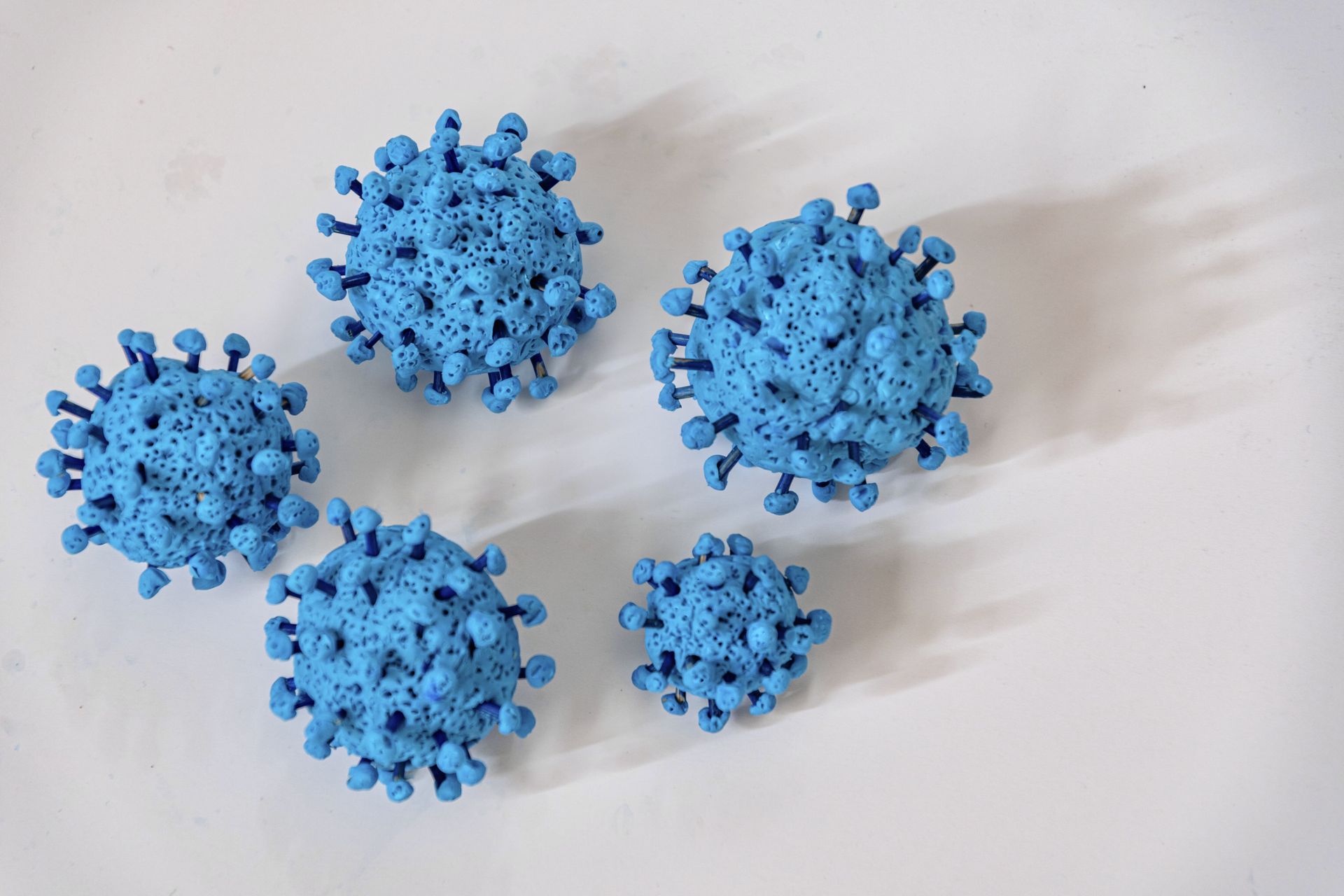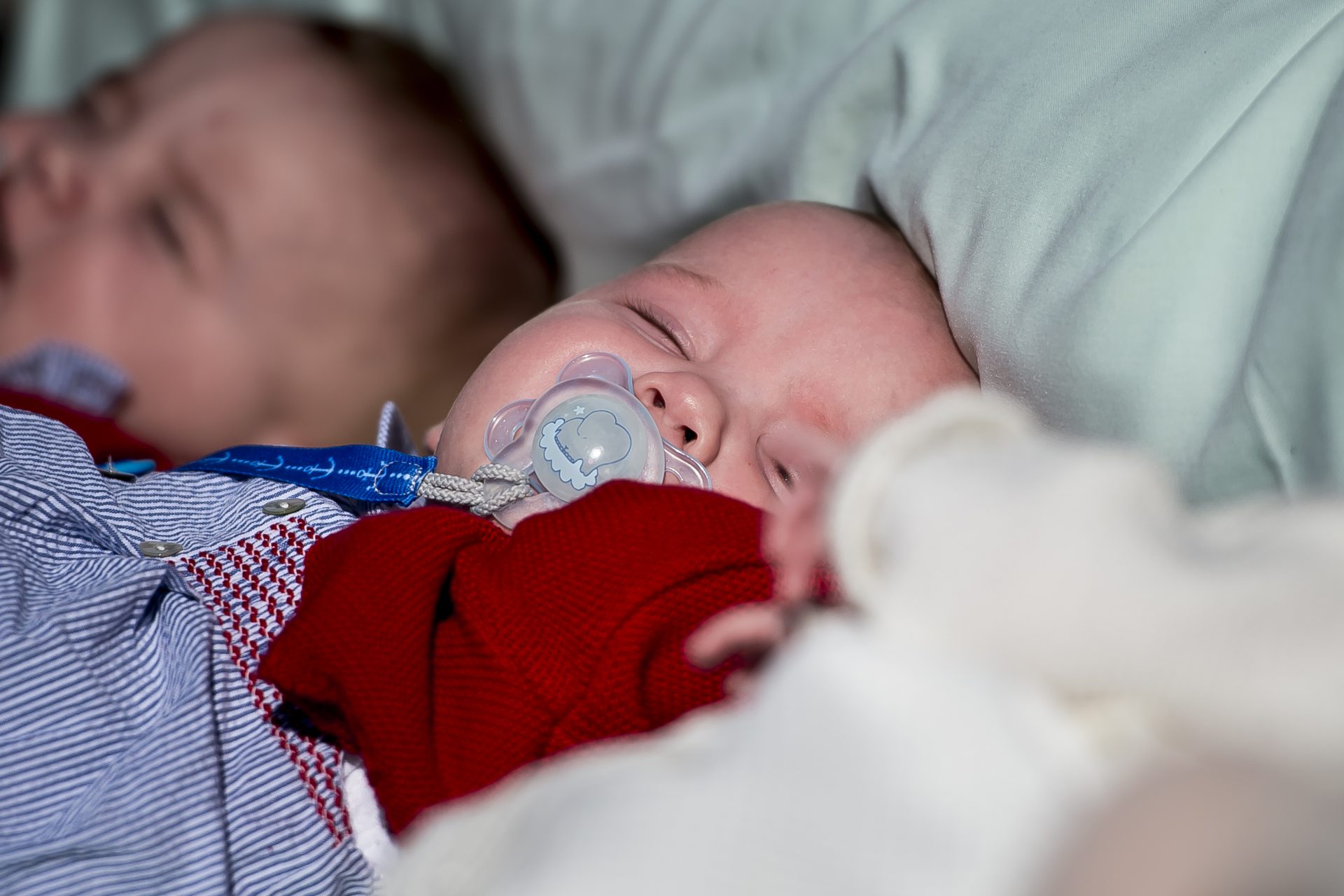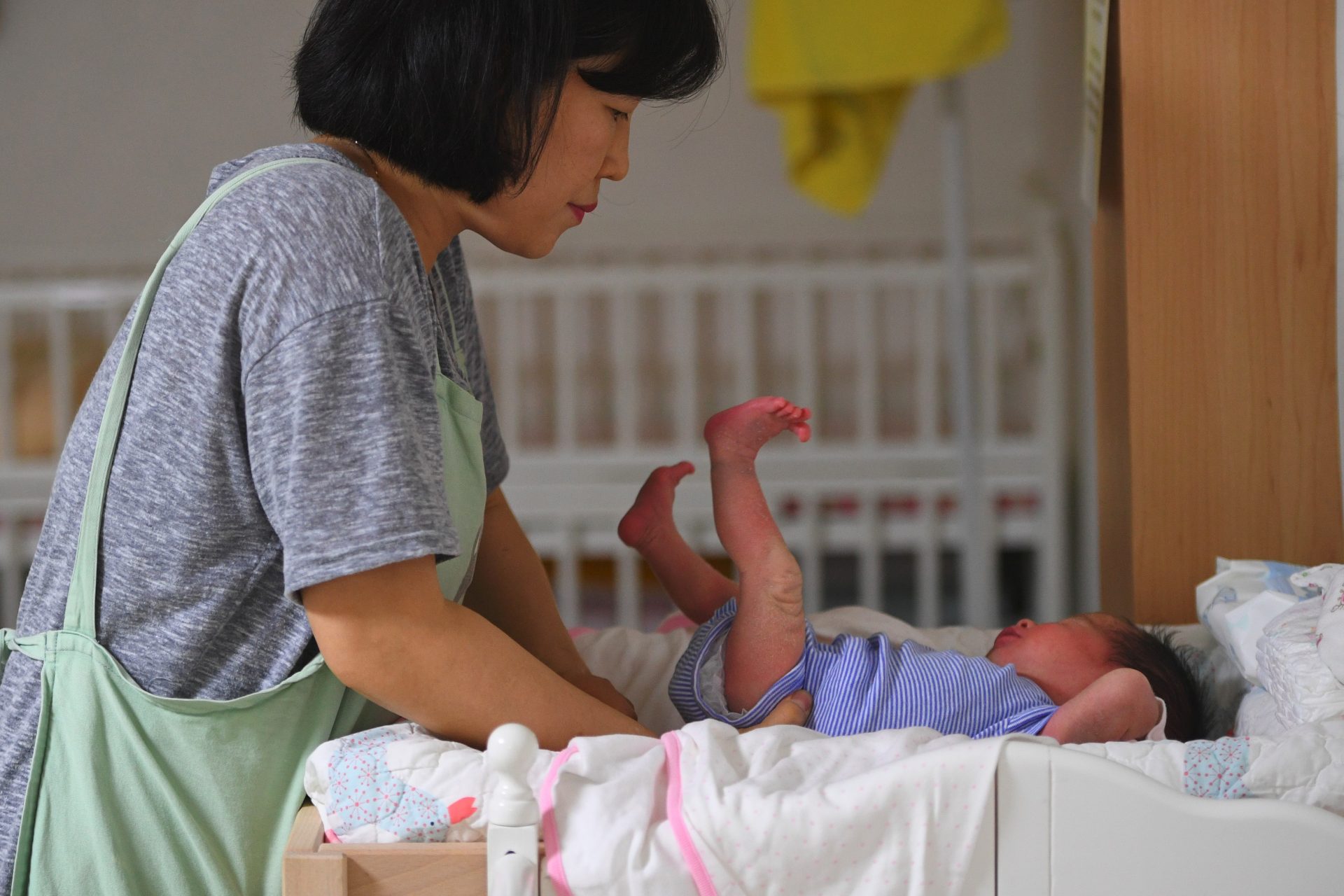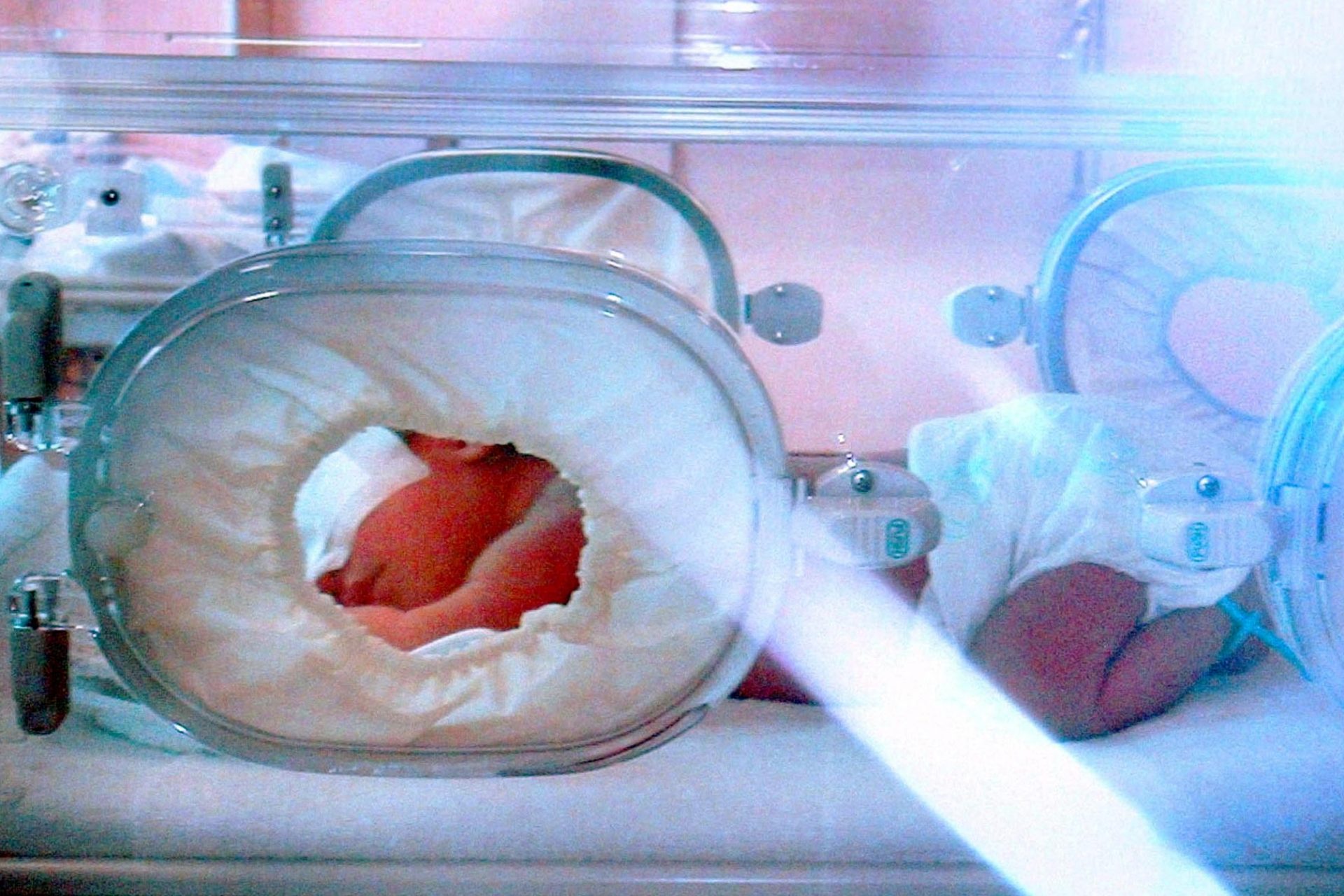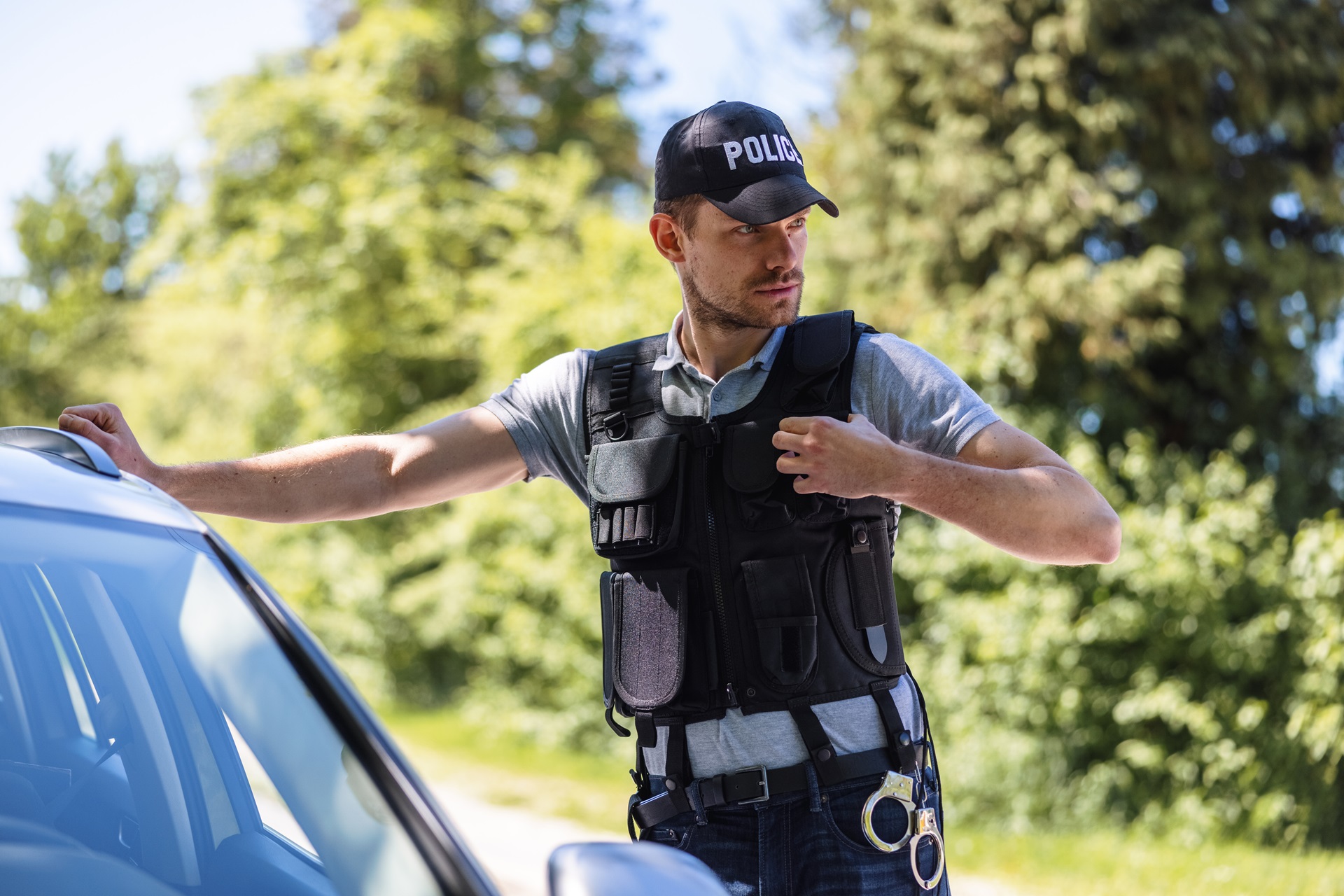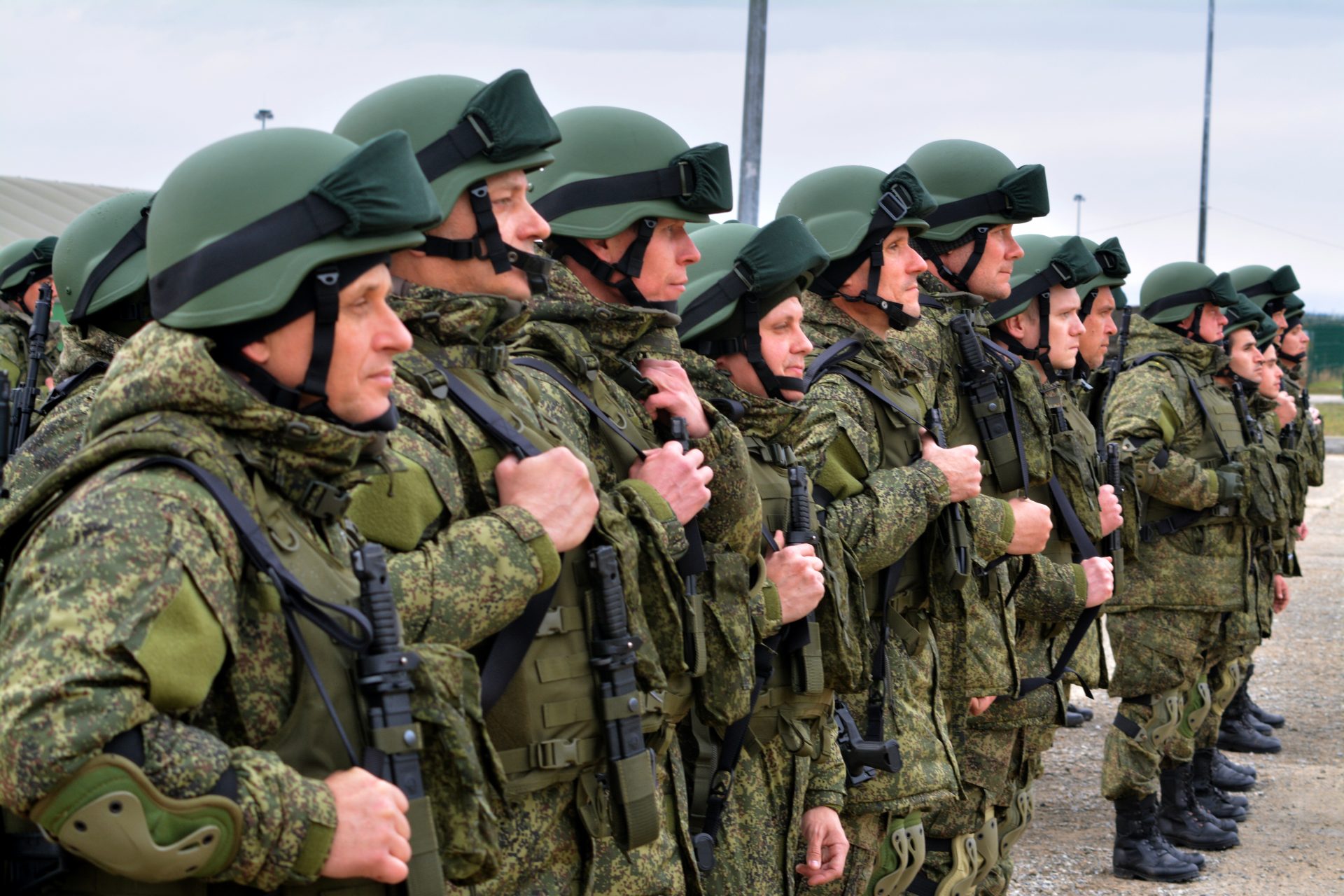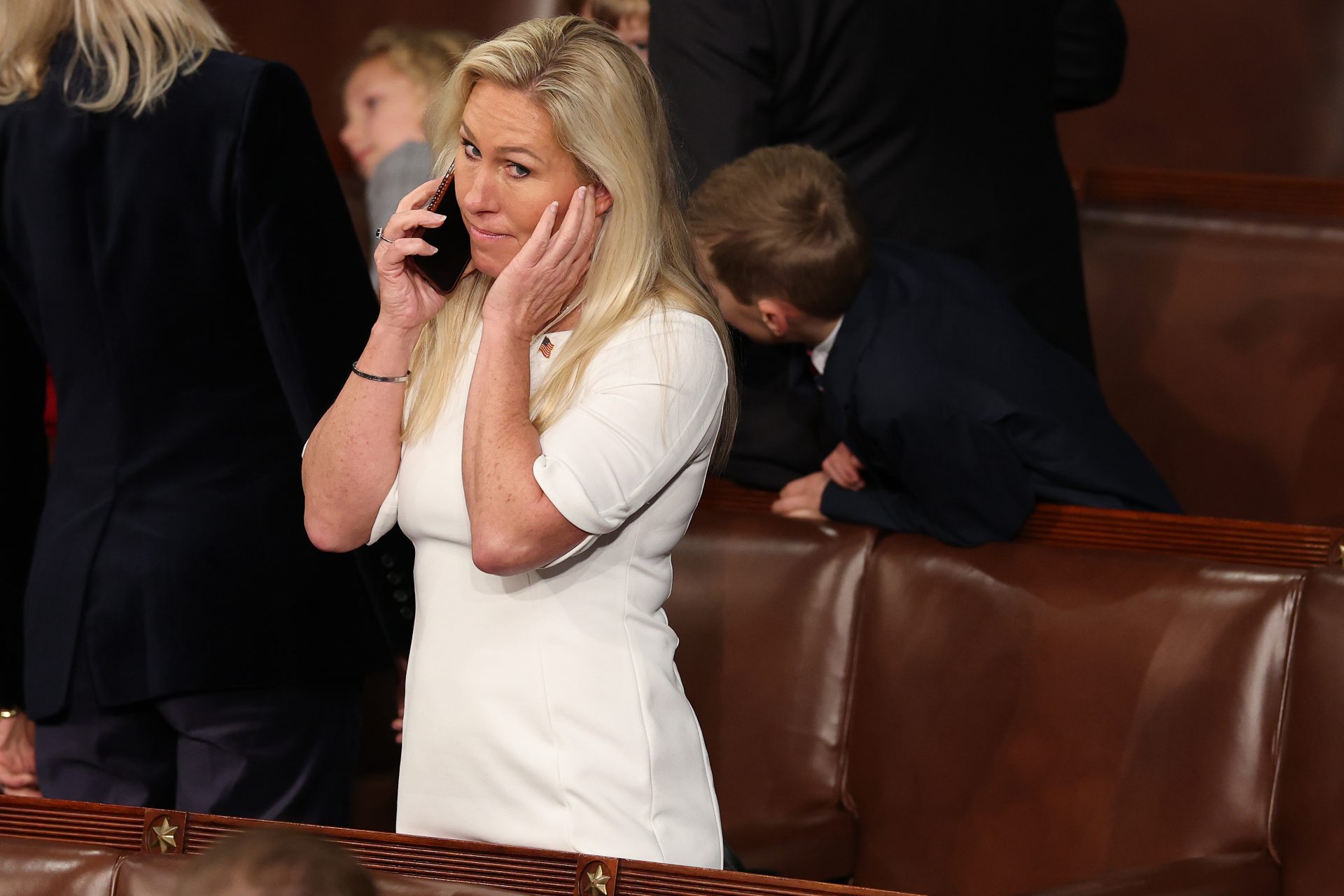A whooping cough epidemic is looming over Europe
But now the statistics show an alarming increase again. In the first quarter of 2024, five babies died of whooping cough in Great Britain and four in the Netherlands.
Although Germany has not recorded any known deaths so far, it has seen a sharp increase in the number of infections. The Robert Koch Institute (RKI) reported 4,180 cases - almost three times the total number for 2023. This is the highest number since the introduction of mandatory reporting in 2013.
According to the RKI, there are several reasons for the current increase in whooping cough cases. A key factor is the so-called "catch-up effect" after the corona pandemic.
During the pandemic, many people had less contact with the whooping cough pathogen due to the protective measures. This led to less natural immunity being built up. In addition, many routine vaccinations were postponed or not carried out.
Another reason could be the change in diagnostic behavior. Since the COVID-19 pandemic, PCR testing methods have been used more frequently, leading to more accurate and frequent diagnosis of whooping cough. This could explain why more cases are now being recorded that may have previously been missed.
Whooping cough progresses in three stages:
- Initial stage: Similar to a cold with a runny nose, slight cough and general malaise. This phase lasts one to two weeks.
- Coughing fits: The cough becomes more severe and occurs in violent attacks, often ending with a wheezing inhalation. This phase can last several weeks and is particularly common at night. The coughing fits can be so severe that they lead to vomiting and shortness of breath.
- Recovery phase: The cough subsides slowly but may persist for several months, especially if irritated by cold air or physical exertion.
Whooping cough is particularly dangerous for babies and young children. Due to their weak immune system and small airways, they are more susceptible to serious complications. Possible complications include pneumonia, otitis media, seizures and even life-threatening respiratory arrest.
About one percent of all babies under six months of age die from the disease. These babies “forget” to breathe between coughing fits and can suffocate.
The German Standing Committee on Vaccination (STIKO) recommends a comprehensive vaccination against whooping cough. The vaccination schedule provides:
- First vaccination: At the age of two months
- Second vaccination: Eight weeks after the first dose
- Third vaccination: At the age of eleven months
In addition, adults should have their vaccinations updated regularly, especially those who have close contact with infants or who work in healthcare.
Pregnant women should be vaccinated a few weeks before giving birth to ensure what is known as "nest protection" for the newborn. This protection helps protect the baby in the first weeks of life before it can be vaccinated itself.
A high vaccination rate is crucial to prevent the spread of whooping cough. While the vaccination rate among school beginners in Germany is around 93%, it is significantly lower among adolescents and adults.
Given the significant increase in whooping cough cases, it is important to take vaccinations seriously and get recommended boosters, especially for people who have close contact with babies and young children.
Active vaccination is the best way to contain this highly contagious and dangerous disease and to protect particularly vulnerable population groups. Awareness of the symptoms and progression of the disease should be increased to enable early diagnosis and treatment.
Whooping cough, if not detected in time, can have serious consequences, especially for the youngest children. It is therefore essential to see a doctor immediately if you suspect whooping cough.
More for you
Top Stories









